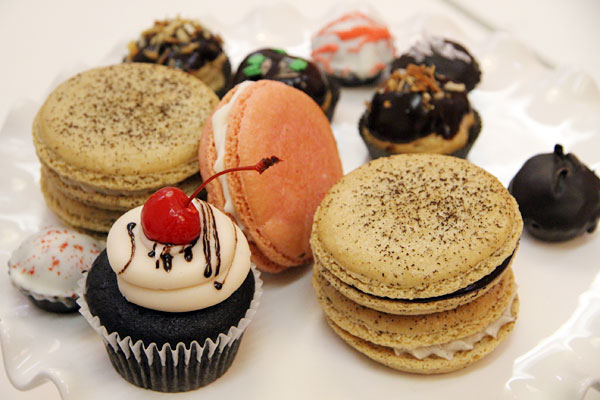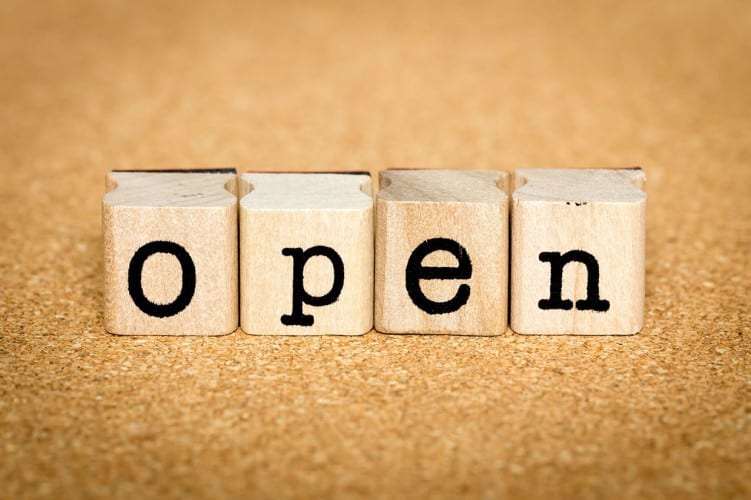Health News & Articles
Post holiday blues and how to combat them
Scientifically, the “Post Holiday Blues” syndrome is also known as “The Contrast Effect”, and it has a lot to do with the sudden decrease of the stress hormone adrenaline. In fact, most “blues”come from a contrast effect of some kind.
We were up, we were on, and once the holiday period is over, we are down and we are off…then we ask ourselves: now what.

Showing your best
With some minor exceptions, during this past holiday you were probably at your best. You smiled at your family, you played with other people’s kids, you got the party cutlery and pretty tablecloth out and dished out your best recipes. Maybe you volunteered to pick up the Xmas tree, or, the turkey at the organic butcher on the other side of town, when you would have preferred to sit in front of the telly.
You stayed quiet when your mother-in-law interfered in the kitchen and you absolutely “loved ” the neon orange scarf that was waiting for you under the tree…along with matching gloves and hat, of course. You even wore them a couple of times to show how much you loved them. Plus, you stayed up late more times than you would have liked -even when deep down you would have rather been in bed with your iPad or book-. But it was all worth it, for the sake of showing your party spirit.
No wonder we are feeling deflated after all that pressure.
The other day my brother sent us a fantastic sign in Whatsapp:
“Announcement: the Xmas period is officially over. Put the food away and you can now insult your brother-in-law. Everyone clear off”.
Sugar crash
High levels of adrenaline coupled with the copious amounts of sugar we consume during the holidays cause what we call a “sugar low” afterwards: we feel sluggish, sleepy, heavy in our bodies and fuzzy headed.
This, needless to say, doesn’t help our mood. On top of it all, we don’t feel good in our jeans, and there is always that little voice of guilt and self-criticism asking “why did you eat all those sweets, or why did you drink so much…”
Lack of light
Whether you have been on holiday somewhere warm and exotic or you’ve been on the ski slopes, the contrast in the lack of light makes the production of serotonin drop and sink us down into a dark cloud. Even if you haven’t been anywhere near the sun, January and February are the darkest months in the Northen Hemisphere (June and July in the Southern Hemisphere), so you will also be affected by the shortage of sunshine.
The symptoms are: a feeling of sadness and doom, emotional instability and physical exhaustion.
Facing reality
The “closed for the holidays” sign has to be taken down, as we open the door to obligations, responsibilities, credit card bills, taxes, morning school runs and so much more. If you look up, all you can see in front of you is a huge mountain of things to do.
Considering that you already feel tired for the reasons mentioned above, this could be the final push into the abyss…but don’t worry, there is help at bay and the following tips will give you a hand in fighting back the winter blues.
HOW TO RECOVER
1
The first step is to get you back into good physical health. Research shows that fitness programs work best when you are given exercises and instructions that you have to do every day, for 12 weeks. This is why we have designed this month’s issue as a 12-week plan, from food to supplements, yoga and breathing exercises. You will feel uplifted from week one!
2
Add to our program a cardio exercise of your choice, preferably outdoors, (cycling, running, swimming or fast walking), for no longer than 40 mins, three times per week. Research shows that high intensity and endurance workouts for longer than 45 mins can actually cause more damage than good, and it can have the reverse effect of making you put on weight.
3
To compensate the lack of sunlight and beat the sugar cravings, take the supplements we recommend you for at least 12-weeks. Please follow our instructions and consult your doctor if you have any medical issues.
4
Sort out your environment: not only cleanse your body, but de-clutter your surroundings too. Follow the advice of experts in Apartment Therapy’s “January Cure” http://www.apartmenttherapy.com/categories/the-january-cure or Marie Kondo’s “The Life Changing Magic of Tidying Up”.http://tidyingup.com
5
Take control of your finances. First, take a look at what you are spending with the super practical App, i-spending (https://itunes.apple.com/us/app/ispending-expense-tracker/id484100875?mt=8). Then, take action to spend less and save! Make a realistic calculation of how much you can save and put it into a brand new savings account, even if it’s just 10 euros per week, it will make you feel great.
6
Learn one new thing. The problem with New Year’s resolutions is that we tend to add too many things to the list. Instead, make just one challenge for this year, such as learn a new language, register for extra training at the office or practice a new sport.
7
Practice meditation. You can use the meditations in this website, or which ever one inspires you. As always, we recommend you to read the Art of Meditation by Matthieu Ricard for a simple and practical approach.
8
Keep a positive mind and enjoy these months! See them as a time for new opportunities and a better you!







Leave a Reply